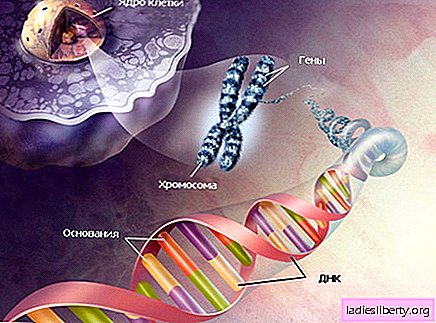
One of the most difficult tasks in the field of genetics was to find out not only which genes contribute to the occurrence of the disease, but what turns these genes on or off, which makes one person with such genes sick, while the other remains healthy.
Researchers at the Johns Hopkins University School of Medicine and the Karolinska Institute in Sweden said they found a way to evaluate gene regulation using chemical labels that tell genes to be or not to be active.
Researchers compared 354 recently diagnosed rheumatoid arthritis patients with 337 healthy people to study their DNA for chemical tags, methyl groups that can attach to genes and turn them on or off.
It was much more complicated than just studying the genes themselves, which remain unchanged. Chemical labels are not so stable. Their presence may be affected by the environment, drugs, or even the activity of other, distant genes. They can be a consequence of the disease or cause the disease themselves.
Scientists have discovered four labels that are associated with the disease. They were found in a cluster of genes that control the immune response and are known to affect the risk of rheumatoid arthritis.
Chemical labels can help determine if a person with specific genes will develop the disease. In the control group there were people who carried variations of the gene that determines a person’s tendency to arthritis, but they did not have these four chemical labels, respectively, and there was no disease.











